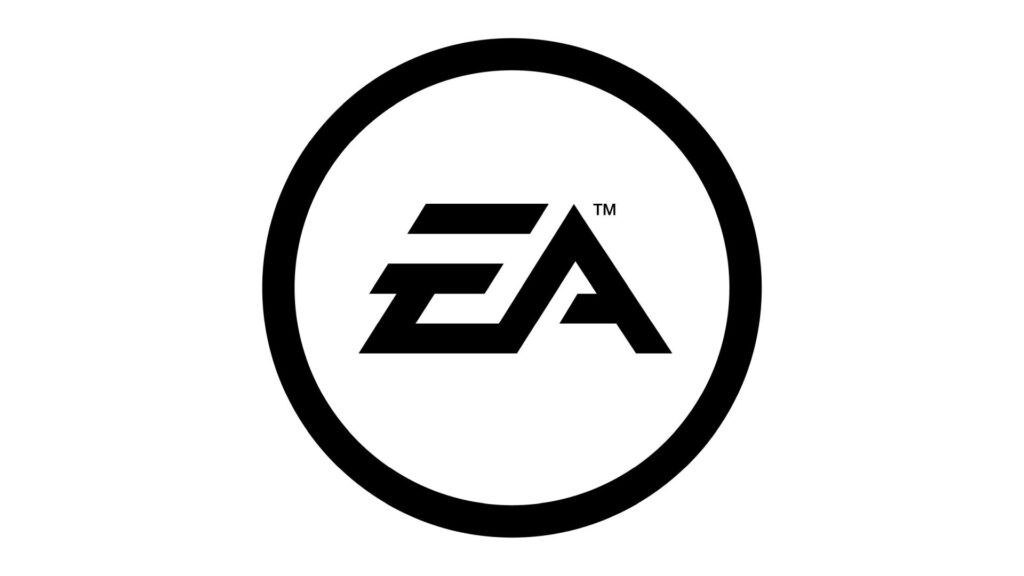In light of recently announced acquisition of Electronic Arts by the Saudi Arabia PIF, Silver Lake and Affinity Partners, industry analysts have noted that something doesn’t quite add up. Speaking to GamesRadar, analyst Serkan Toto of Kantan Games spoke about how it will likely affect EA’s operations moving forward.
Toto believes that, owing to the large amount of debt incurred by the company in the process of signing the deal (around $20 billion), EA will start focusing more on releasing games that can be considered surefire hits. This will lead to “an even stronger focus on evergreen IPs, blockbuster (fewer but potentially bigger games) and live services – at the expense of riskier projects, new ideas and innovation.”
He noted that, while leveraged buyouts are far from rare, there haven’t been too many examples of them happening in the gaming industry. For context, the idea behind a leveraged buyout involves buying out ownership of a company by placing the company in debt. Toto did mention that companies that are part of a leveraged buyout often tend to see “radical restructuring of the business, layoffs, new strategy, etc.”
“I don’t see a reason why EA’s case should be any different,” he said.
Market research and consulting firm DFC Intelligence CEO David Cole made similar observations, noting that the company is likely to put an even larger emphasis on live-service outings as well as its annual sports game franchises like Madden NFL and EA Sports FC. This will likely lead to the company leaving behind its smaller IPs.
“EA will double down on live services and sports games that have a fairly predictable revenue stream and profit margin,” said Cole. “Long term, they may look to do more strategic moves that do not pay off immediately but position them for future growth. Short term, they may look to sell off non-crucial assets and smaller IP.”
Industry researcher and New York University Stern School of Business professor Joost Van Dreunen noted that, since the annual sports games tend to account for a major chunk of EA’s revenue, we will see the company double down on those titles. van Dreunen also noted that smaller studios may be consolidated or closed altogether in an effort to release more profitable games.
“EA will probably consolidate underperforming studios and double down on its sports franchises (which generate 70% of earnings) while potentially spinning off or closing teams working on lower-margin titles,” said van Dreunen. “I do not expect the new owners to care much for shelved IP other than selling them off to pay down some of the debt. (Personally, I hope the Command and Conquer franchise will get a reboot under someone else’s ownership.)”
van Dreunen also brought up points about EA’s valuation as part of the $55 billion buyout, noting that the company has “little growth potential” to justify such a high value. This, he noted, means that the deal “doesn’t add up”. However, the deal likely favours EA a fair bit since the company doesn’t have to worry about quarterly expectations from shareholders. There is also the fact that Saudi Arabia’s PIF has a solid track record in marketing games made by companies it owns.
“Saudi Arabia is seeking to foster engagement, providing EA with at least a reprieve from its strict focus on profitability,” he wrote in a blog post. “That may yet have its benefits for the publisher and its players.” As part of this, there is the potential that EA can operate like private companies, which traditionally “outperform their publicly traded counterparts.”
“At the center sits the irrational financial logic that tells you it’s about power, prestige, and staking Saudi Arabia’s claim in American entertainment,” van Dreunen wrote. Cole has also made a statement agreeing with the general idea, noting that “the motive is clearly a desire by the Saudis to expand their economy by getting into a high-tech industry.”
EA’s deal might have industry analysts asking some interesting questions, but when it comes to the company’s employees, some have gotten quite worried about what it will end up meaning for them. Developers from BioWare, for instance, aren’t confident about the studio’s future.




It’s interesting to see how this acquisition could reshape the landscape of live-service games and major IPs. The potential for growth and innovation in the gaming industry is exciting. Looking forward to seeing how this unfolds!
Absolutely, the acquisition could really influence how developers approach both content delivery and player engagement. With increased resources, we might see more innovative features in live-service games that enhance community interaction. It’ll be exciting to see how established IPs evolve under this new direction!
You’re right! The shift towards live-service games could also impact player engagement strategies, as developers may prioritize ongoing content updates and community feedback. It’ll be interesting to see how this affects the quality and longevity of existing franchises.
Absolutely! It will be interesting to see how EA adapts its existing franchises to fit this model. Engaging players over time with ongoing content updates can really change the way we experience our favorite games.
I agree! It’ll be fascinating to see if they incorporate more player feedback into their live-service games. This could really enhance the experience and keep players engaged over time.
Absolutely! Incorporating player feedback could really enhance the gaming experience, especially for live-service titles. It will be interesting to see how EA balances their established franchises with innovative gameplay based on community input.
Absolutely! Incorporating player feedback could really enhance the gaming experience, especially for live-service games. With EA’s focus on big IPs, they have a unique opportunity to create engaging content that evolves with player input, making their titles more dynamic and appealing over time.
Absolutely! Incorporating player feedback could really enhance the gaming experience, especially for live-service games, where ongoing player engagement is key. It’ll be interesting to see how EA balances their established IPs with innovative new content that keeps players coming back.